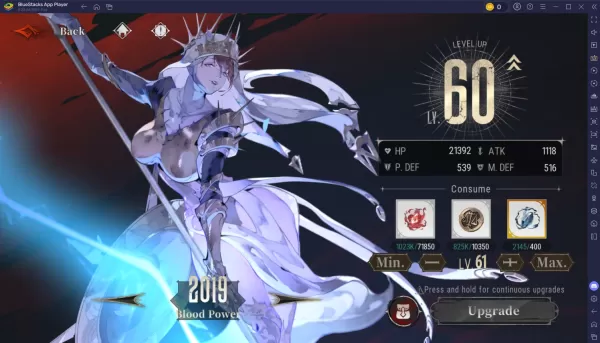Fortnite's already frantic pace can become unbearable with poor frame rates, rendering the game practically unplayable. Fortunately, many performance issues are easily resolved by adjusting in-game settings. Let's dive into the optimal PC settings for a smoother, more enjoyable Fortnite experience.
Fortnite Best Display Settings
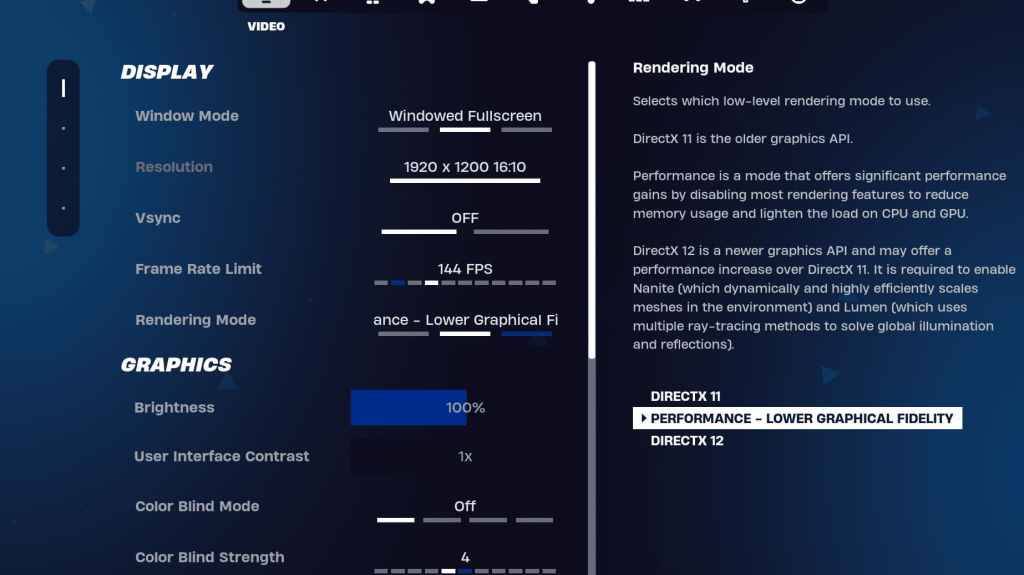
Fortnite's Video settings are divided into Display and Graphics subsections. Both significantly impact performance, requiring careful tweaking. Here's the recommended Display configuration:
| Setting | Recommended |
| Window Mode | Fullscreen (best performance). Windowed Fullscreen (if frequent tabbing is needed). |
| Resolution | Native monitor resolution (usually 1920x1080). Reduce for low-end PCs. |
| V-sync | Off (prevents significant input lag). |
| Framerate Limit | Monitor Refresh Rate (e.g., 144, 240 Hz). |
| Rendering Mode | Performance (maximizes FPS). |
Rendering Modes: Making the Right Choice
Fortnite offers three rendering modes: Performance, DirectX 11, and DirectX 12. DirectX 11, the default, is older but stable and performs well. DirectX 12, newer, offers potential performance boosts on modern systems and enhanced graphical options. However, for pure performance and maximum FPS with minimal input lag, Performance mode is the clear winner—the professional players' preferred choice, albeit at the cost of visual fidelity.
Fortnite Best Graphics Settings
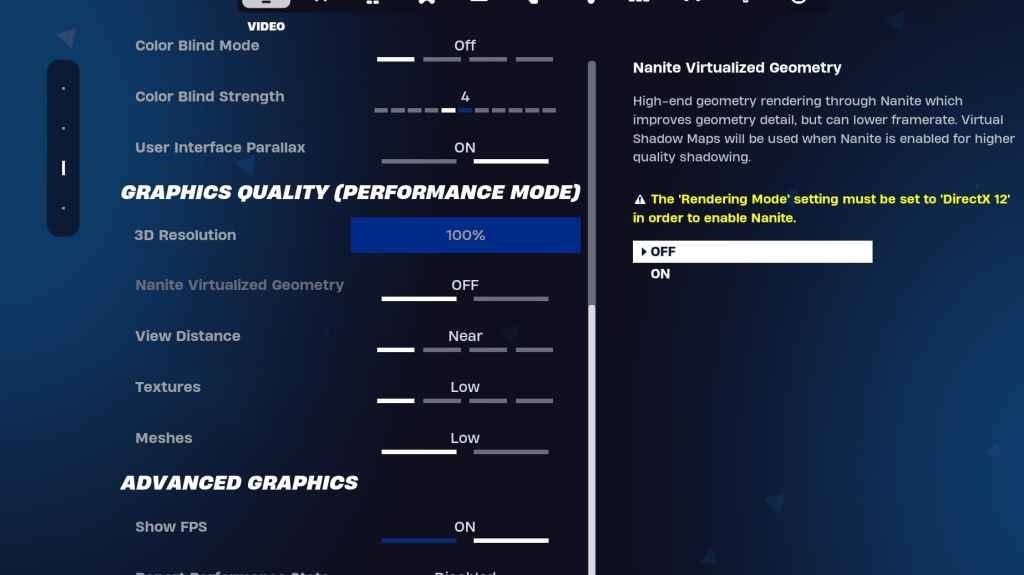
The Graphics settings offer the most significant FPS gains by controlling visual fidelity. Optimize these settings to minimize resource usage and maximize frame rates:
| **Setting** | **Recommended** |
| Quality Preset | Low |
| Anti-Aliasing and Super Resolution | Off |
| 3D Resolution | 100% (70-80% for low-end PCs). |
| Nanite Virtual Geometry (DX12 only) | Off |
| Shadows | Off |
| Global Illumination | Off |
| Reflections | Off |
| View Distance | Epic |
| Textures | Low |
| Effects | Low |
| Post Processing | Low |
| Hardware Ray Tracing | Off |
| Nvidia Low Latency Mode (Nvidia GPUs only) | On+Boost |
| Show FPS | On |
Fortnite Best Game Settings
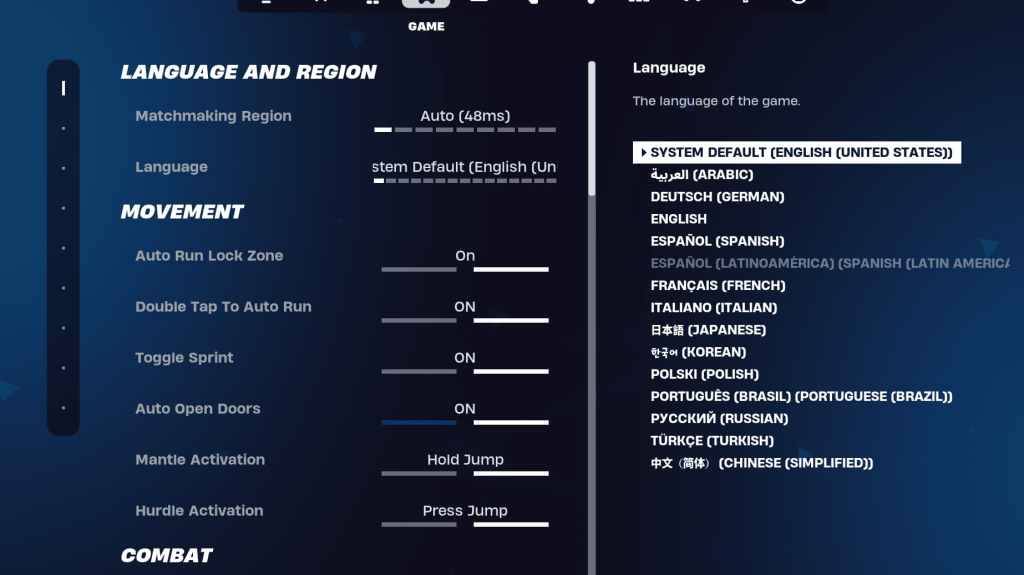
The Game settings don't directly affect FPS but are crucial for gameplay. These settings impact editing, building, and movement. While many are subjective, some are essential:
Movement
- Auto Open Doors: On
- Double Tap to Auto Run: On (controllers)
Other movement settings can generally remain at their defaults.
Combat
- Hold to Swap Pickup: On
- Toggle Targeting: Personal preference (Hold/Toggle to Scope)
- Auto Pickup Weapons: On
Building
- Reset Building Choice: Off
- Disable Pre-edit Option: Off
- Turbo Building: Off
- Auto-Confirm Edits: Personal preference
- Simple Edit: Personal preference
- Tap to Simple Edit: On (if Simple Edit is enabled)
Fortnite Best Audio Settings
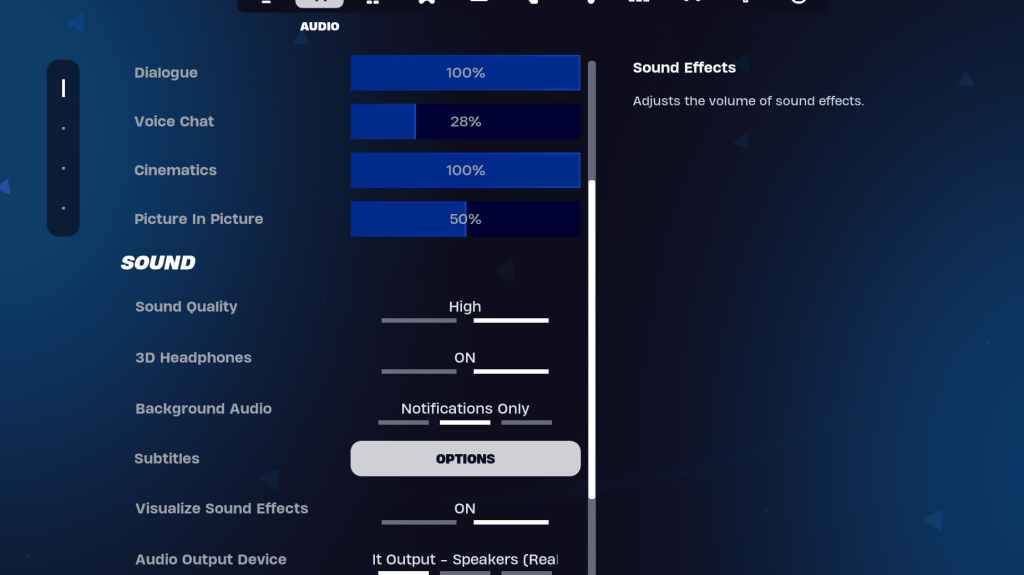
Clear audio is paramount in Fortnite for detecting enemies. While Fortnite's default audio is decent, consider enabling these:
- 3D Headphones: On (experiment; may not work with all headphones)
- Visualize Sound Effects: On (provides visual cues for audio events)
Fortnite Best Keyboard and Mouse Settings
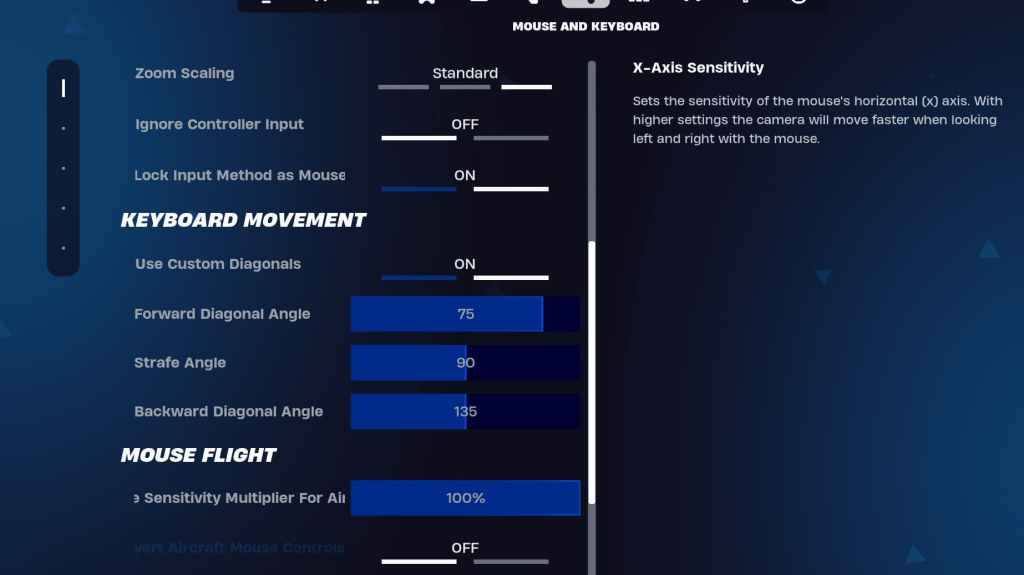
The Keyboard and Mouse settings control sensitivity and other crucial aspects. The adjacent Keyboard Controls tab allows customizing keybindings.
In the Keyboard and Mouse tab:
- X/Y Sensitivity: Personal preference
- Targeting Sensitivity: 45-60%
- Scope Sensitivity: 45-60%
- Building/Editing Sensitivity: Personal preference
Keyboard Movement
- Use Custom Diagonals: On
- Forward Angle: 75-78
- Strafe Angle: 90
- Backward Angle: 135
Keybinds are highly personal; experiment to find what suits you best. Consider consulting a dedicated guide on optimal Fortnite keybinds if needed.
This comprehensive guide covers the essential Fortnite settings for optimal performance. Remember to adjust settings based on your specific hardware and playstyle. Enjoy the improved gameplay!
Fortnite is available on various platforms, including Meta Quest 2 and 3.


